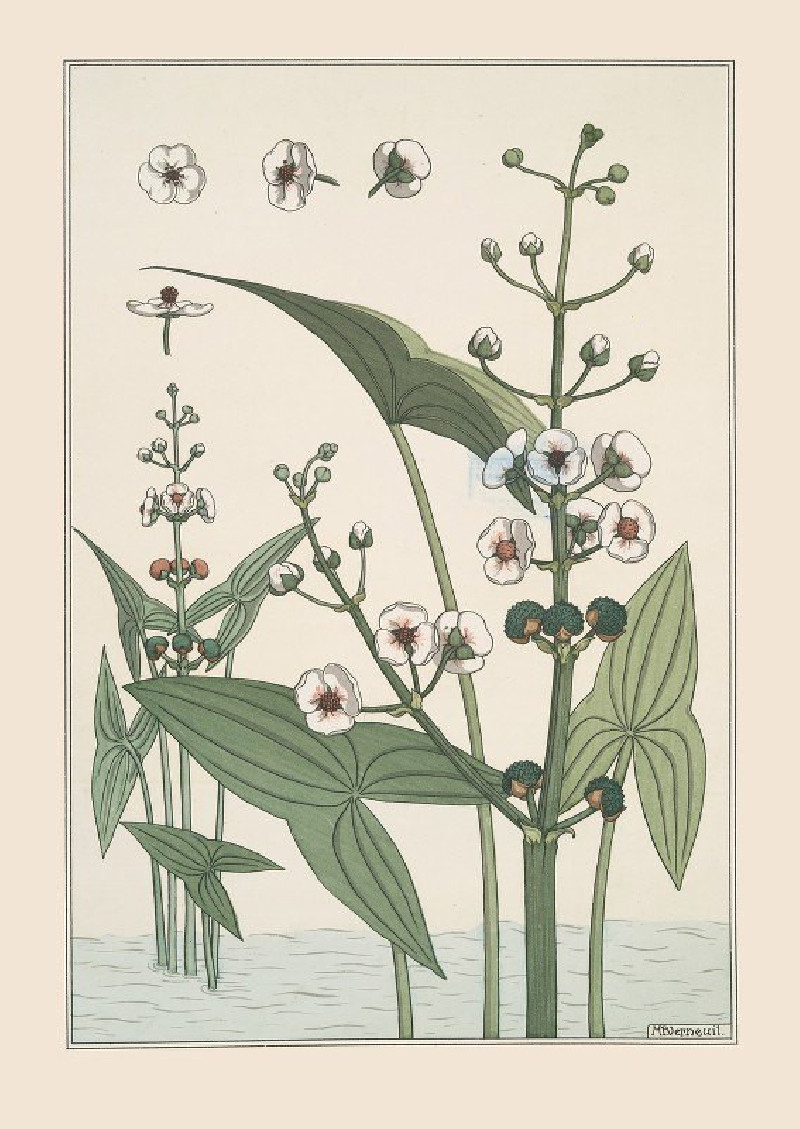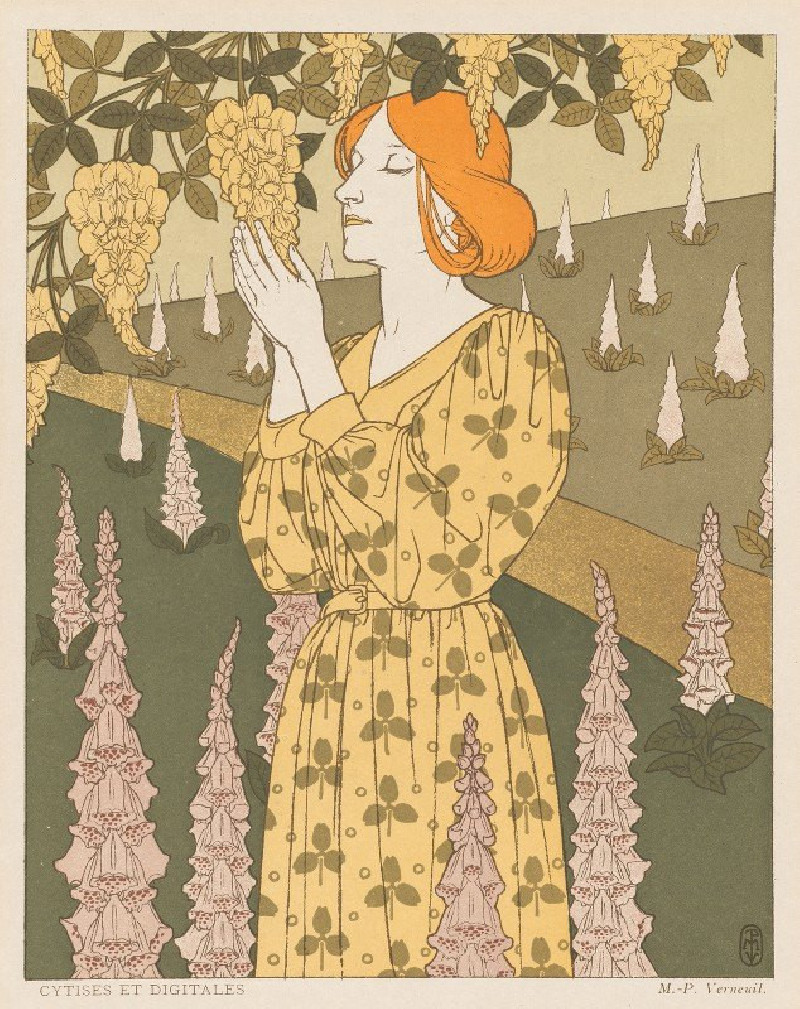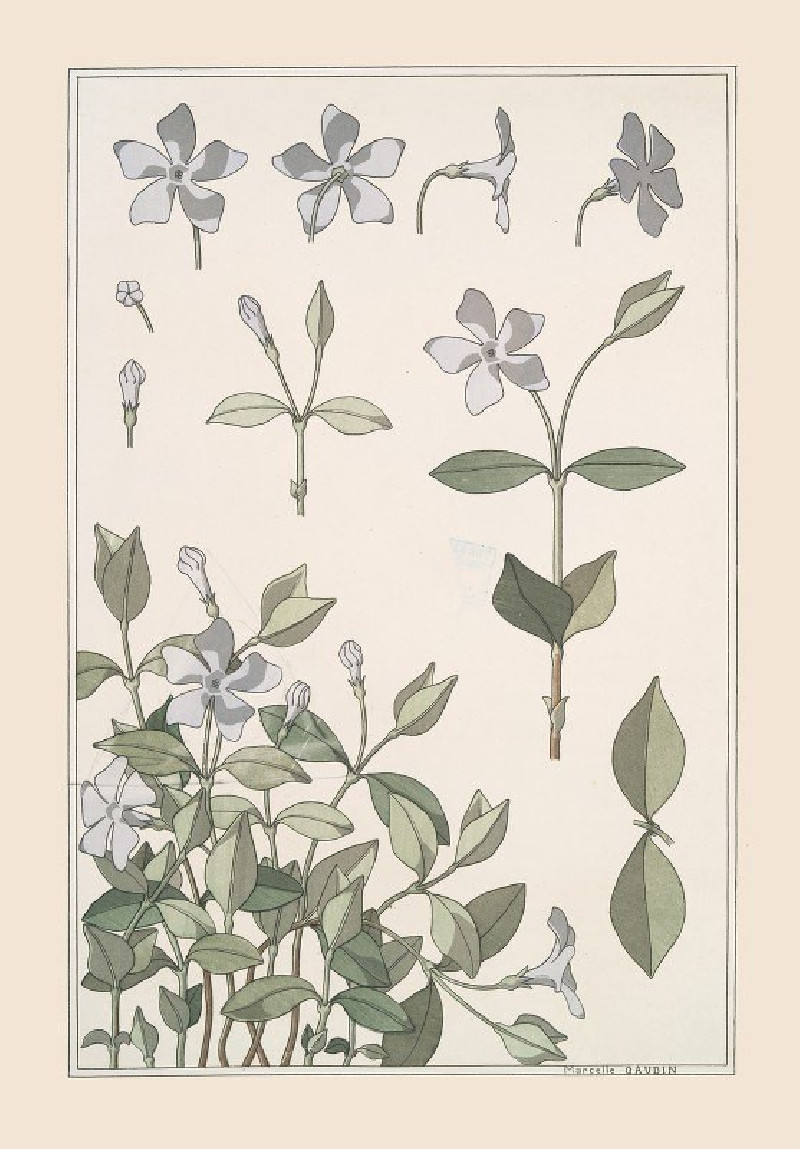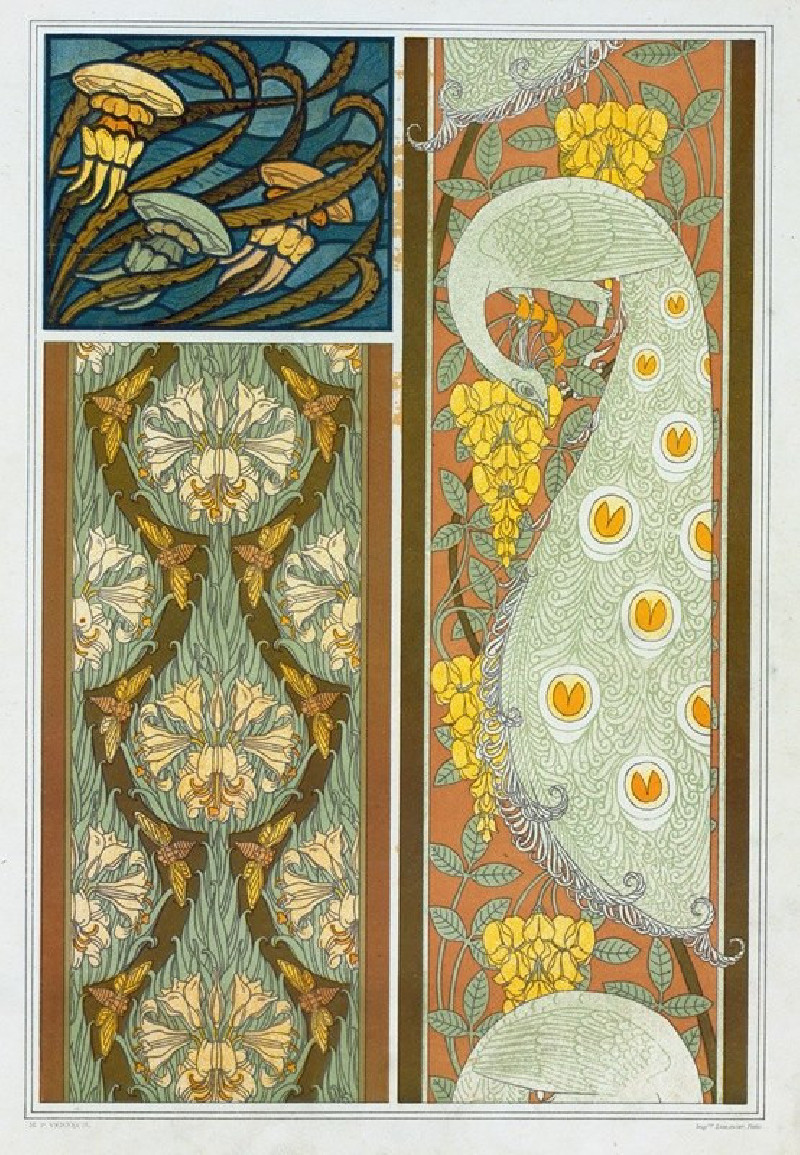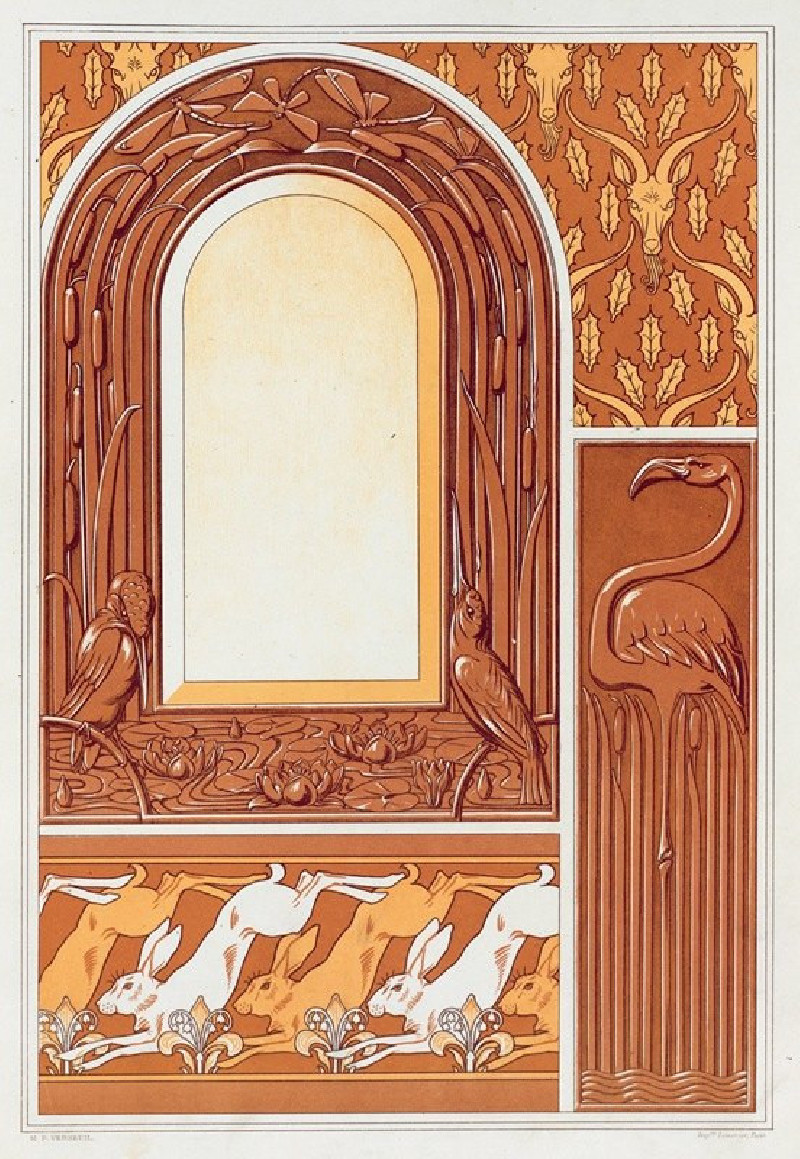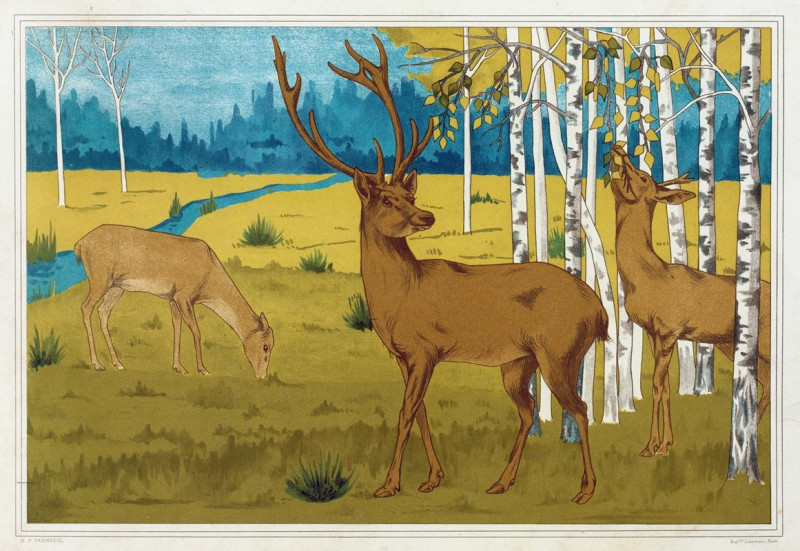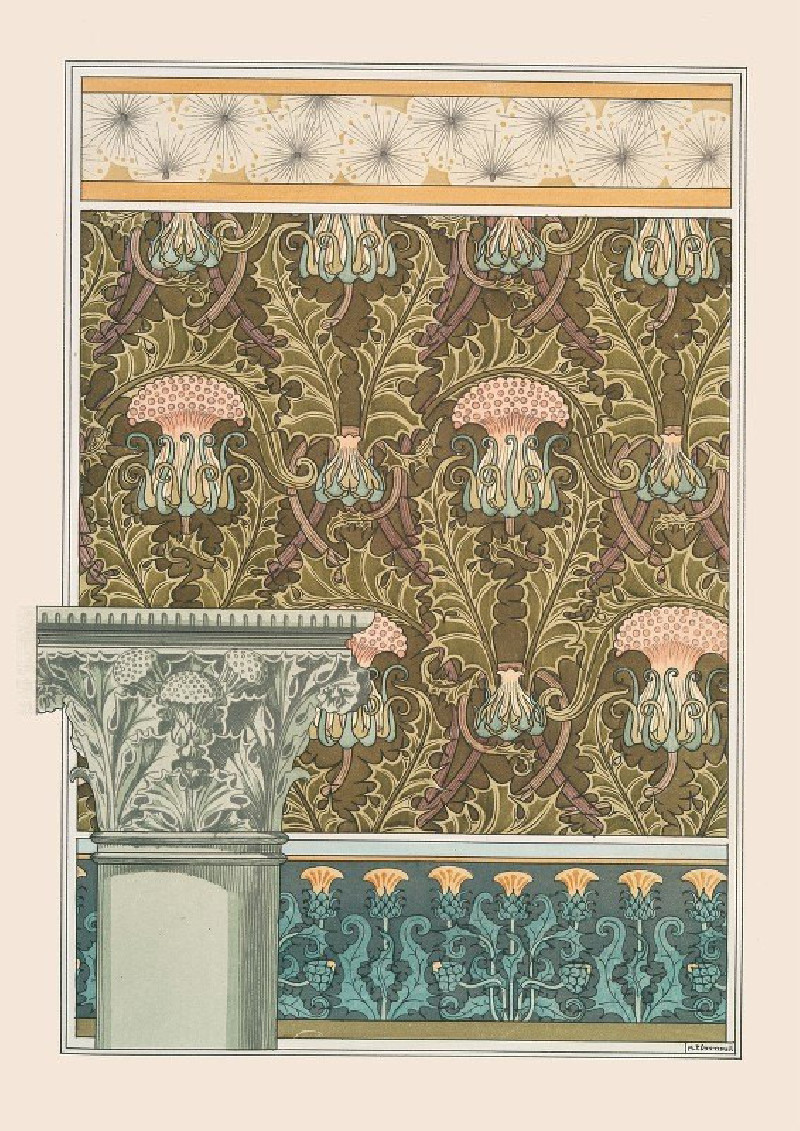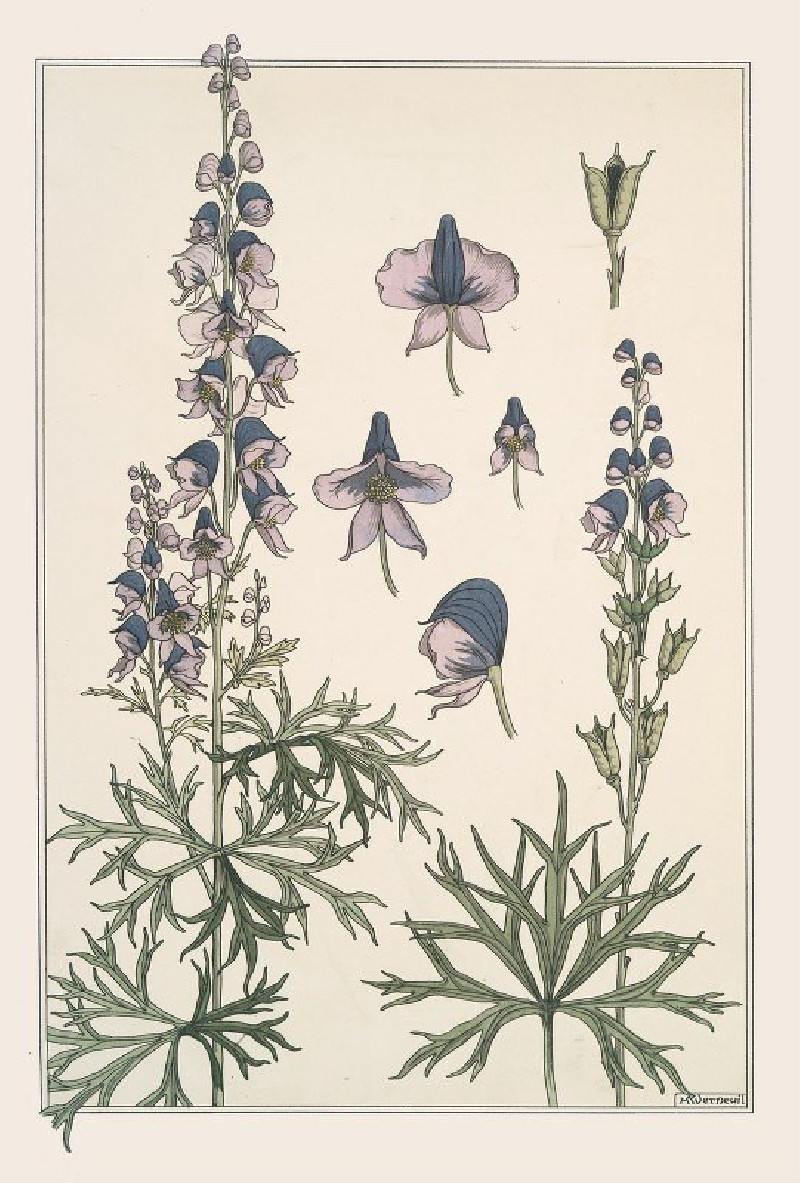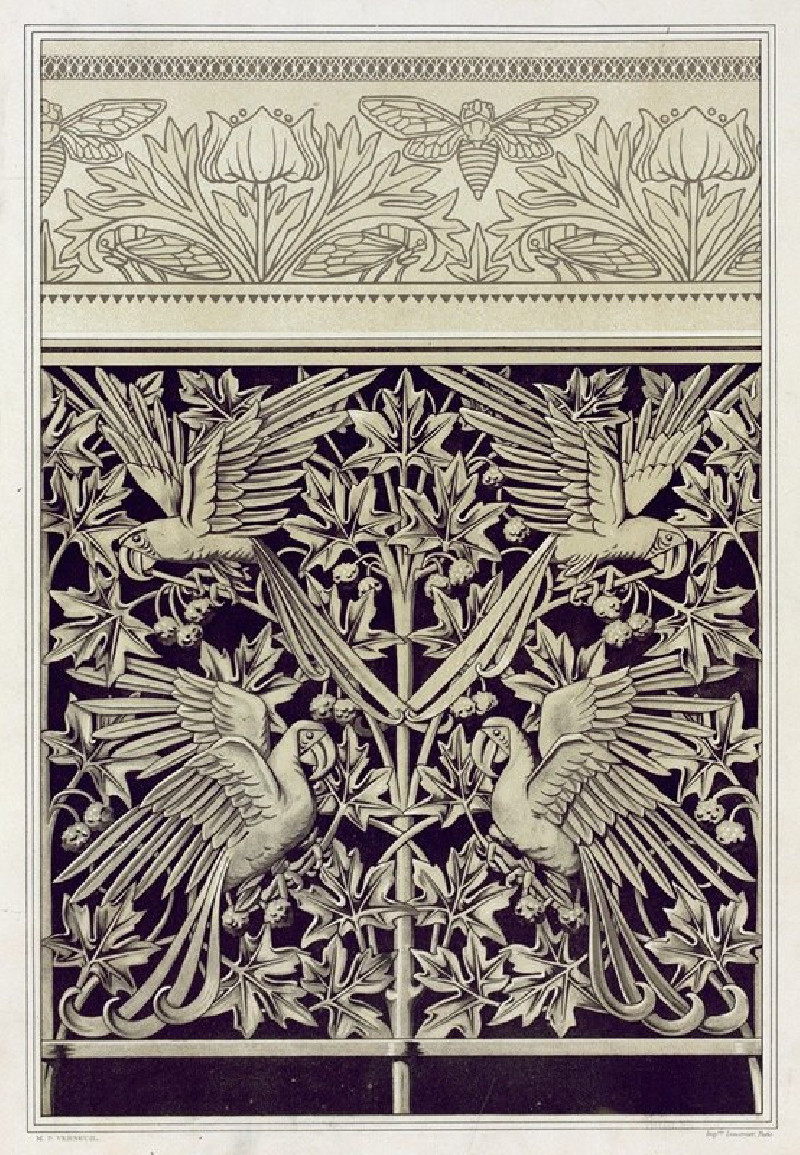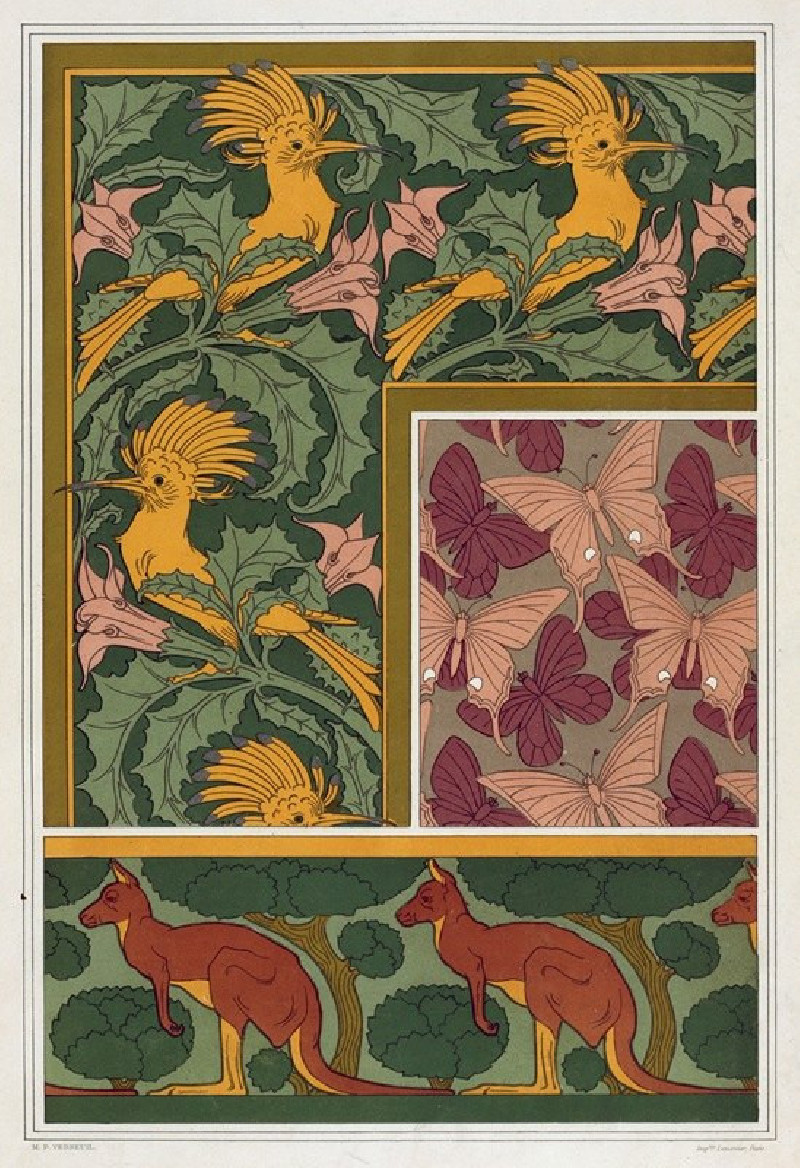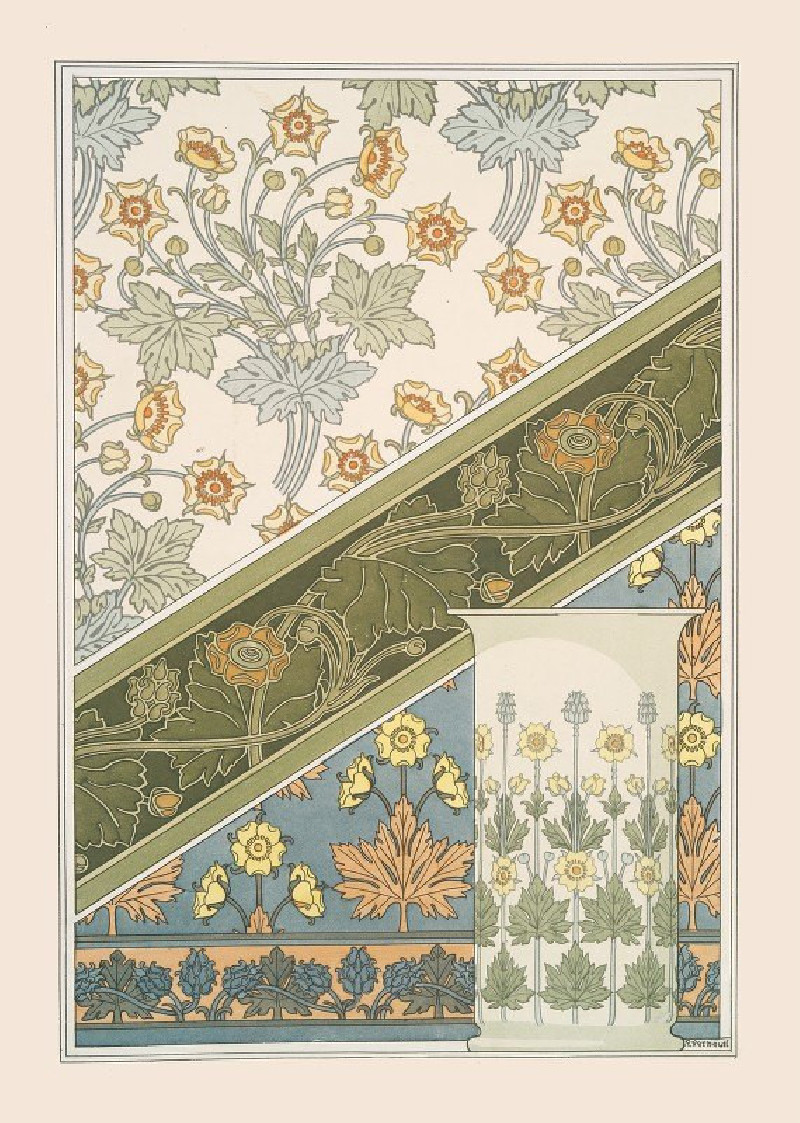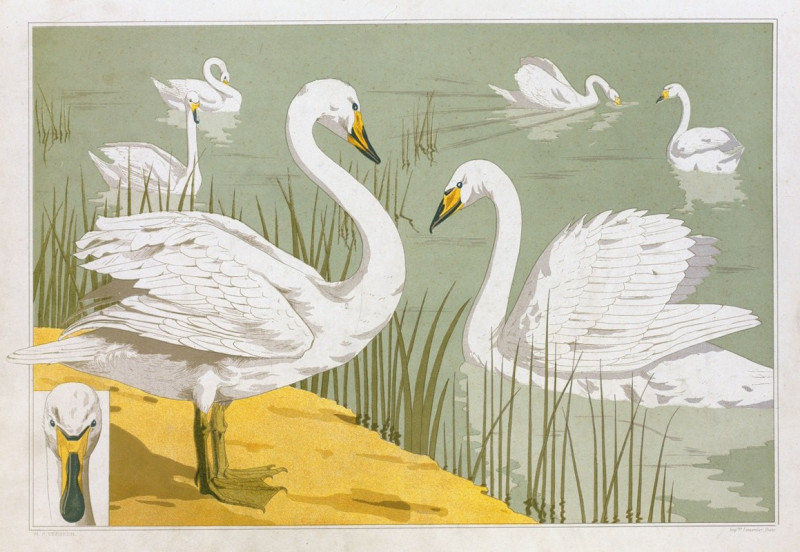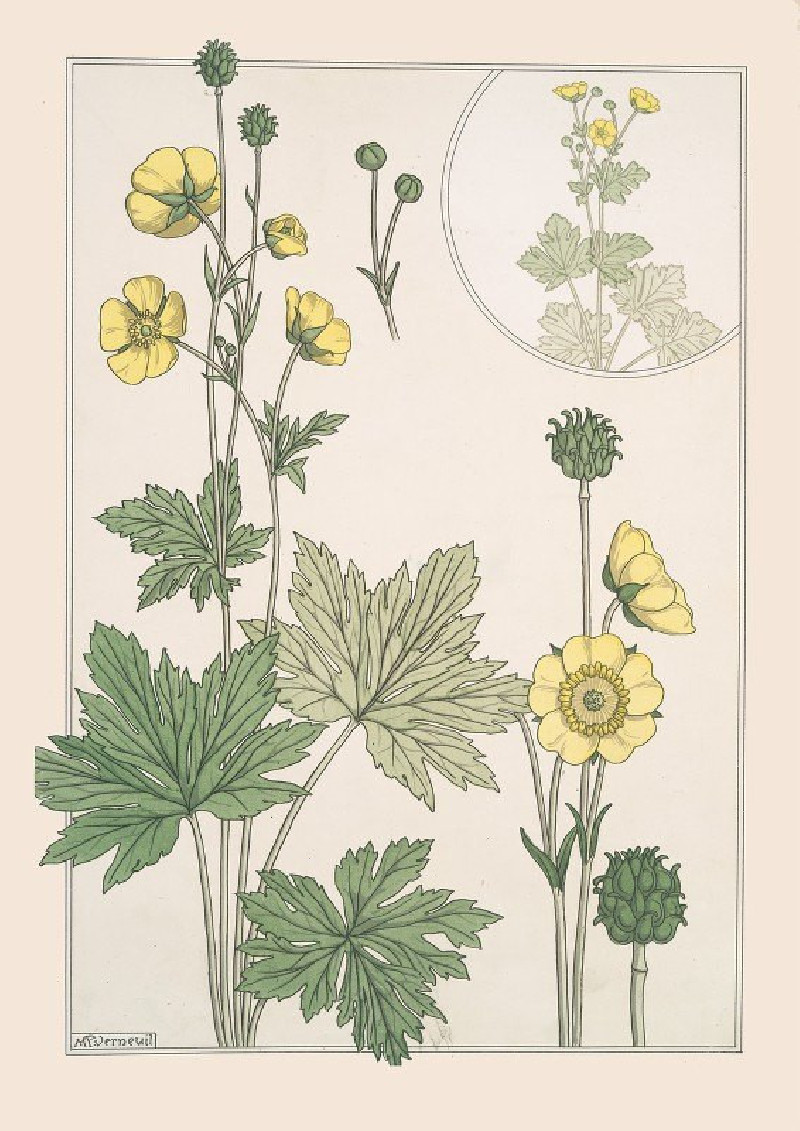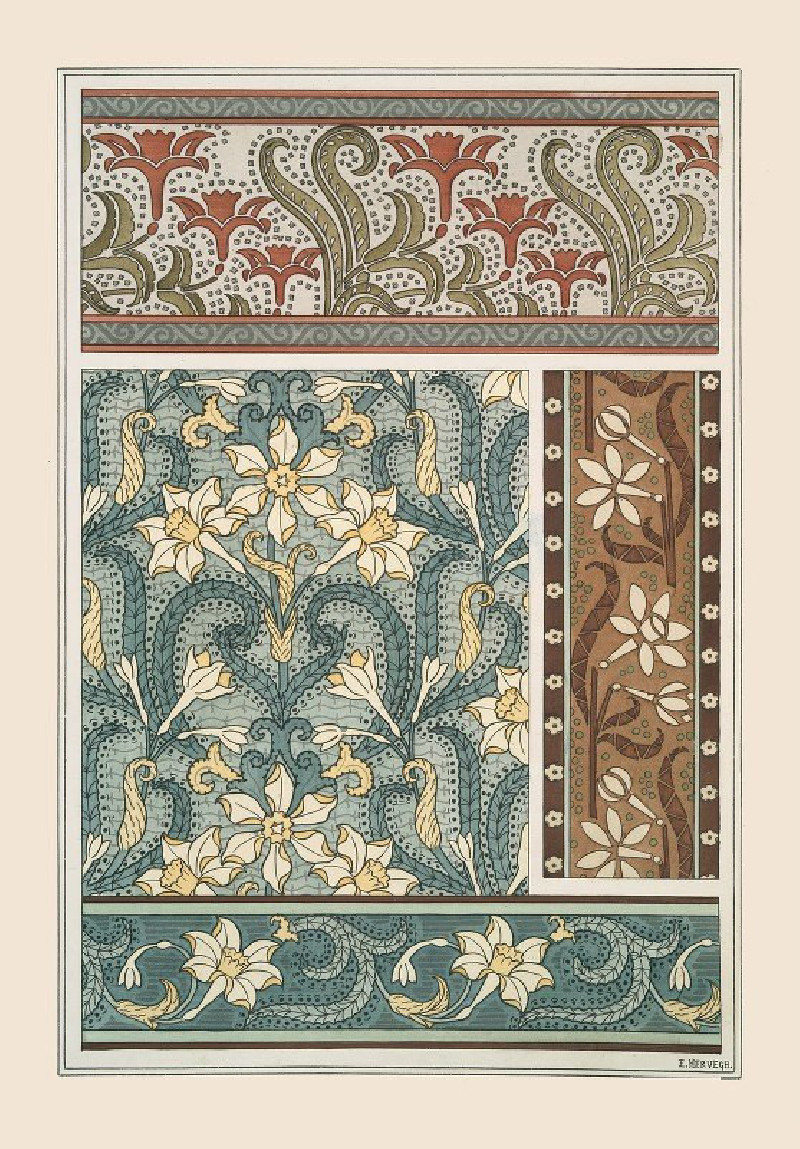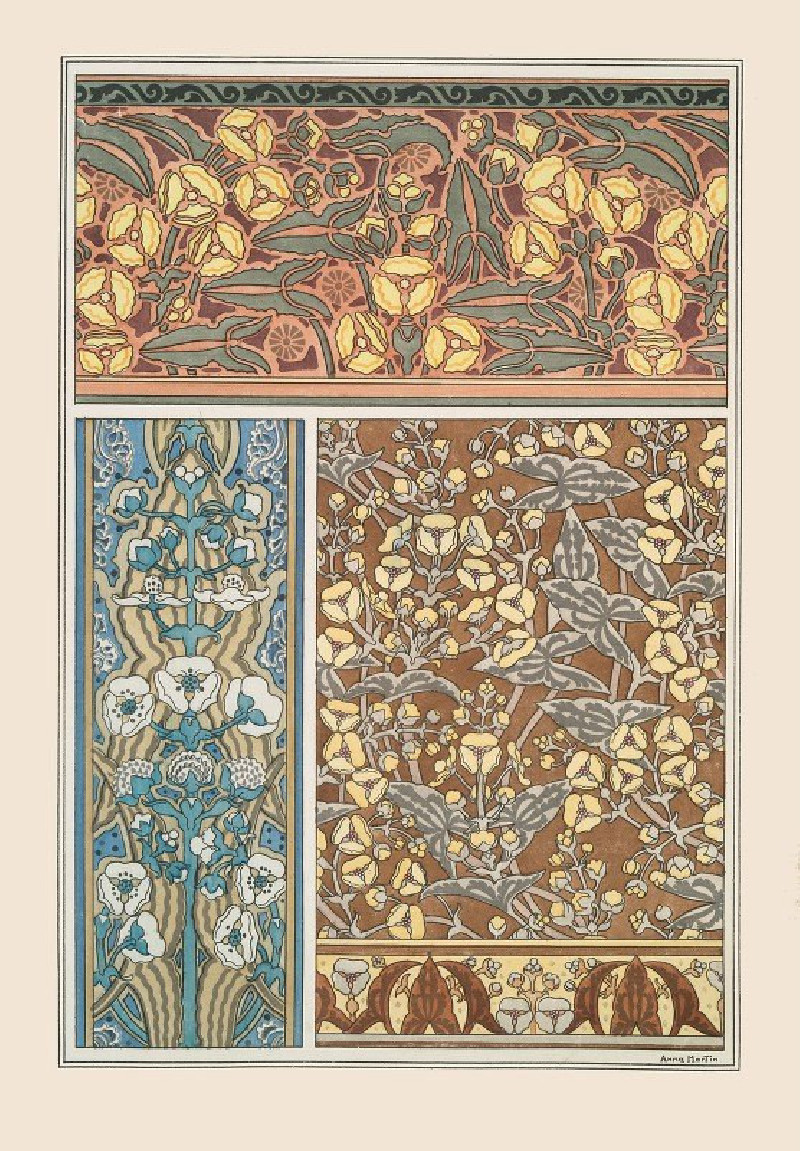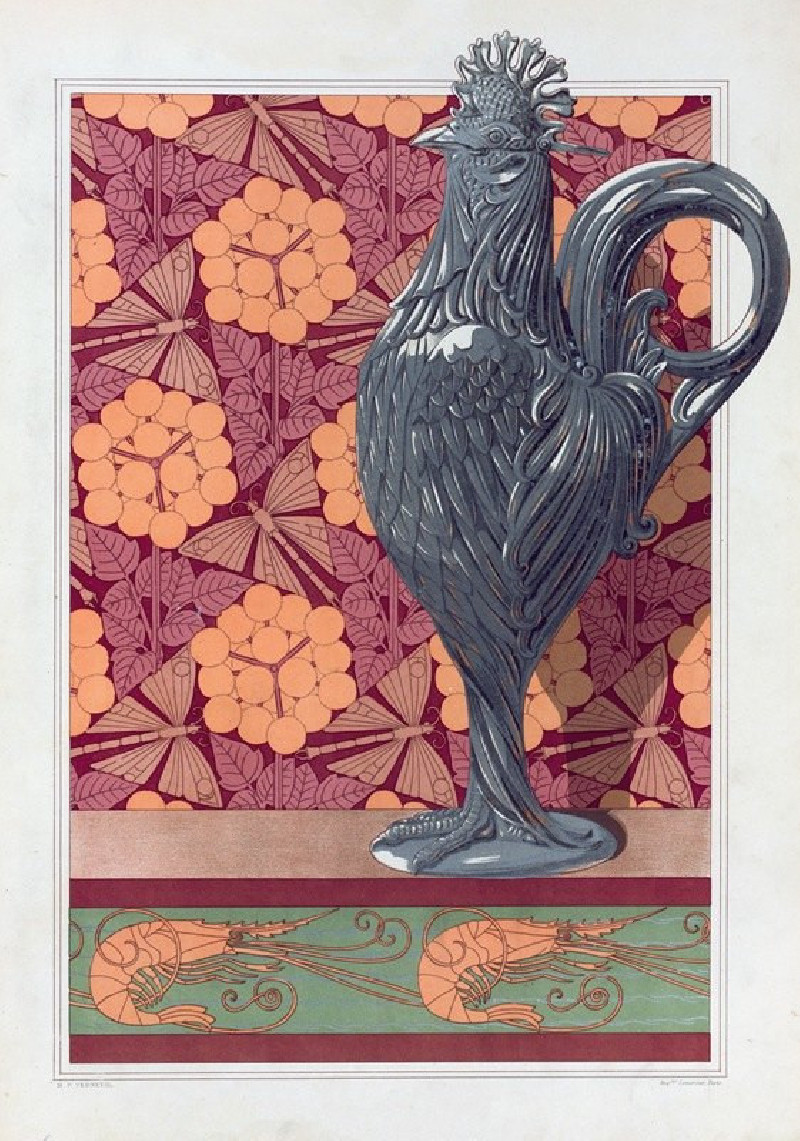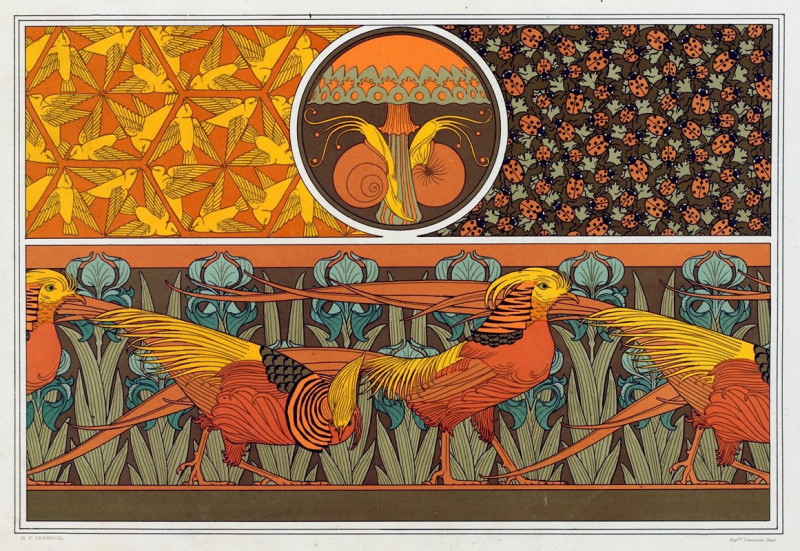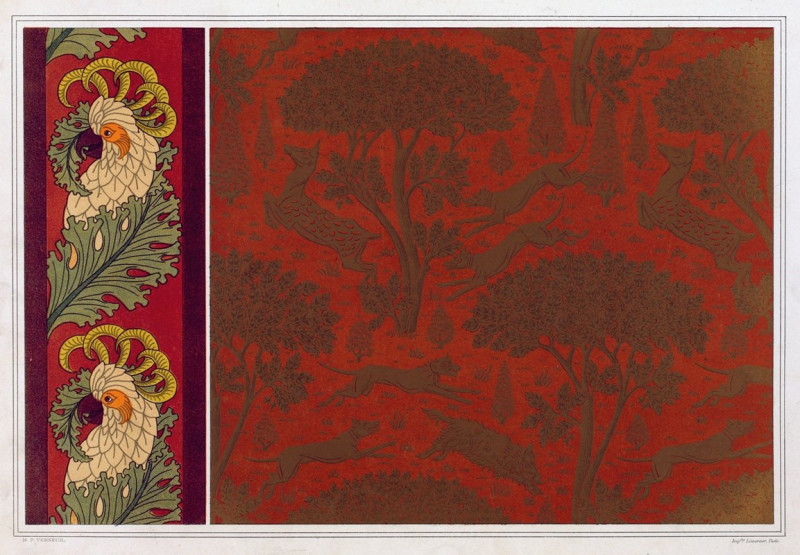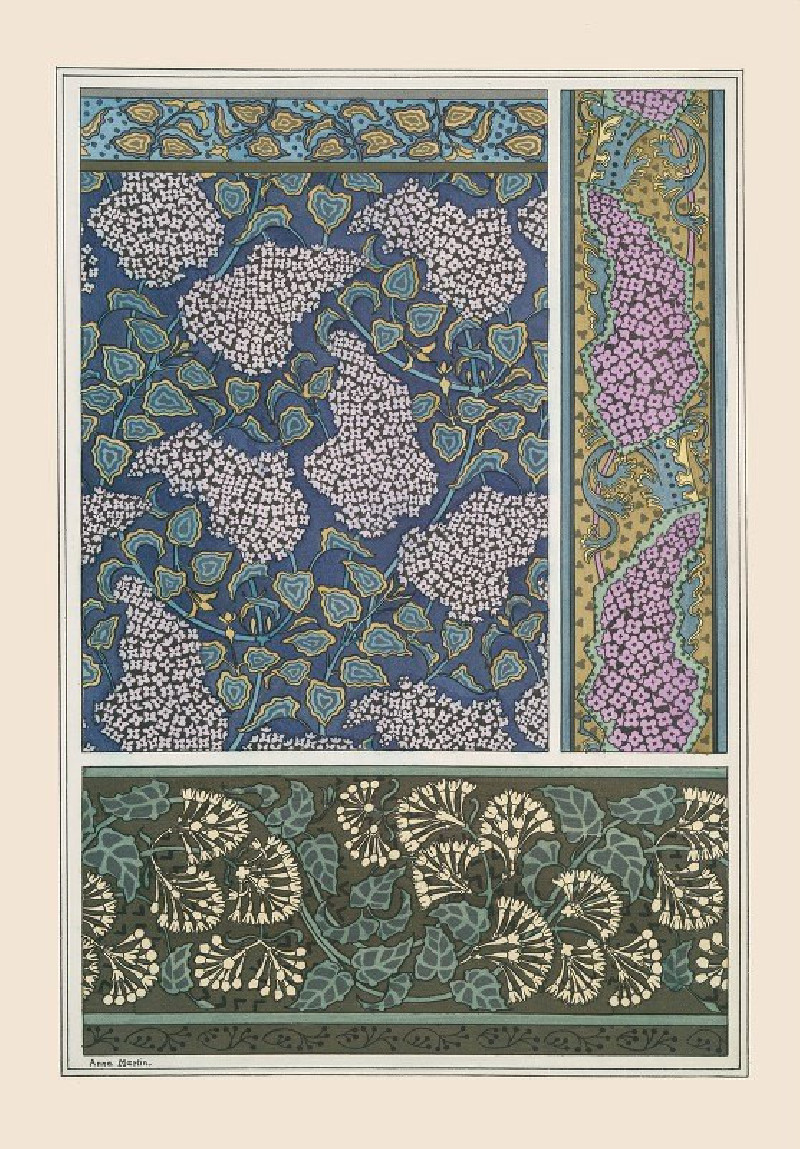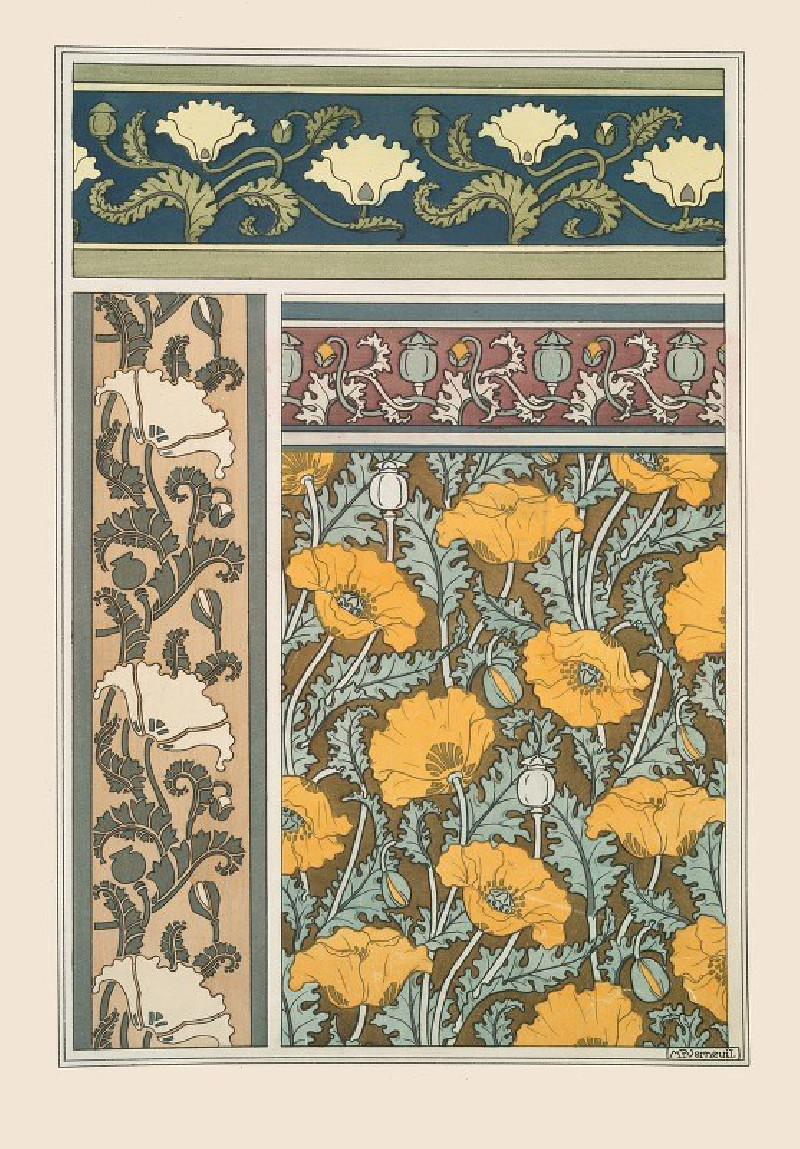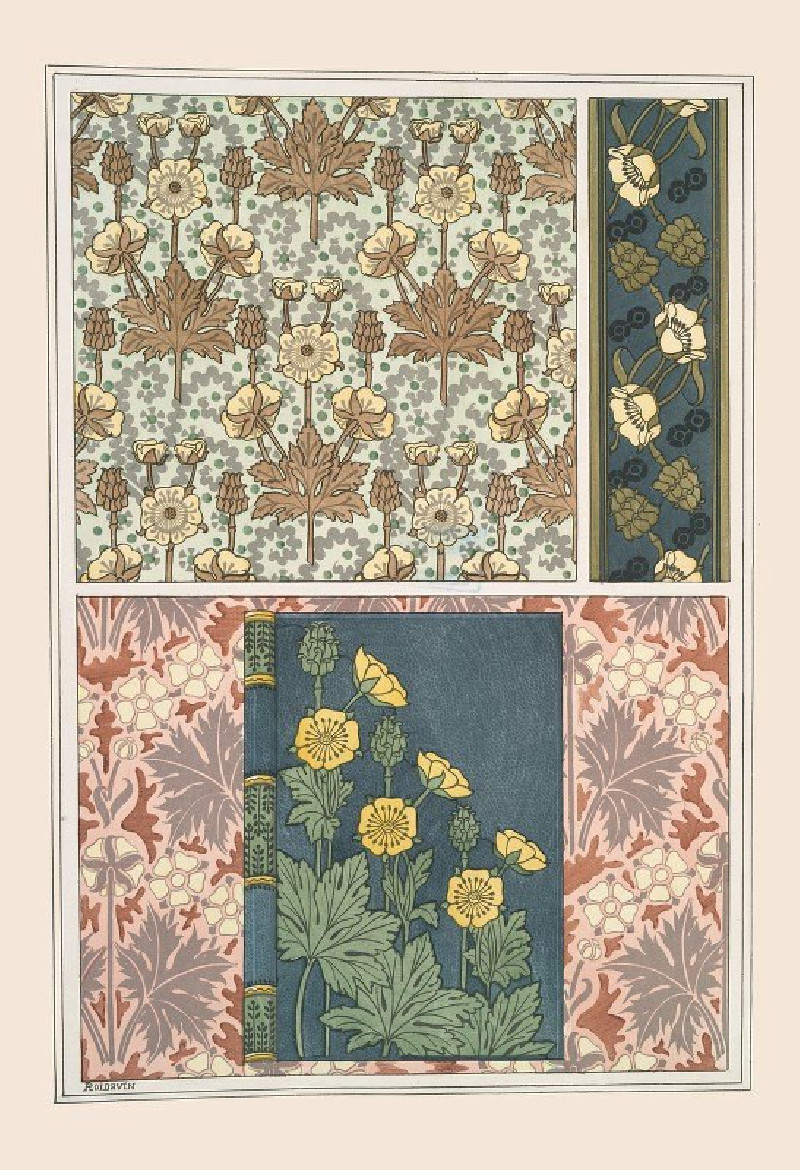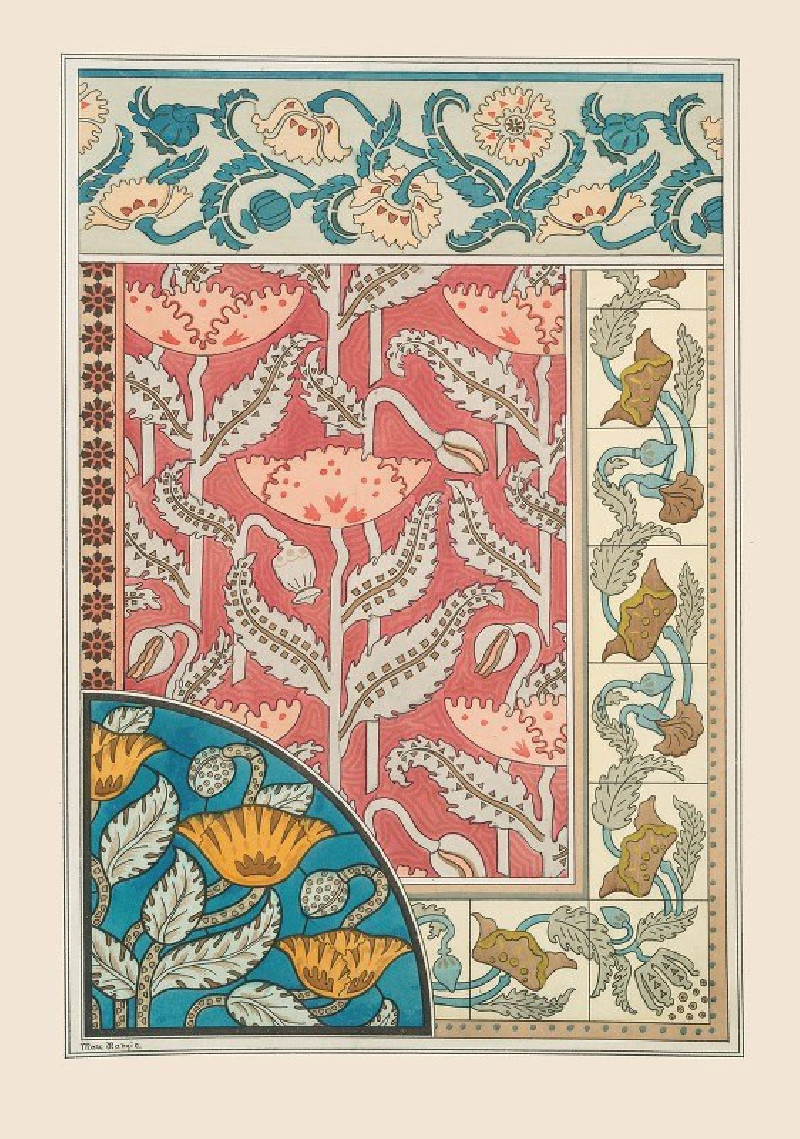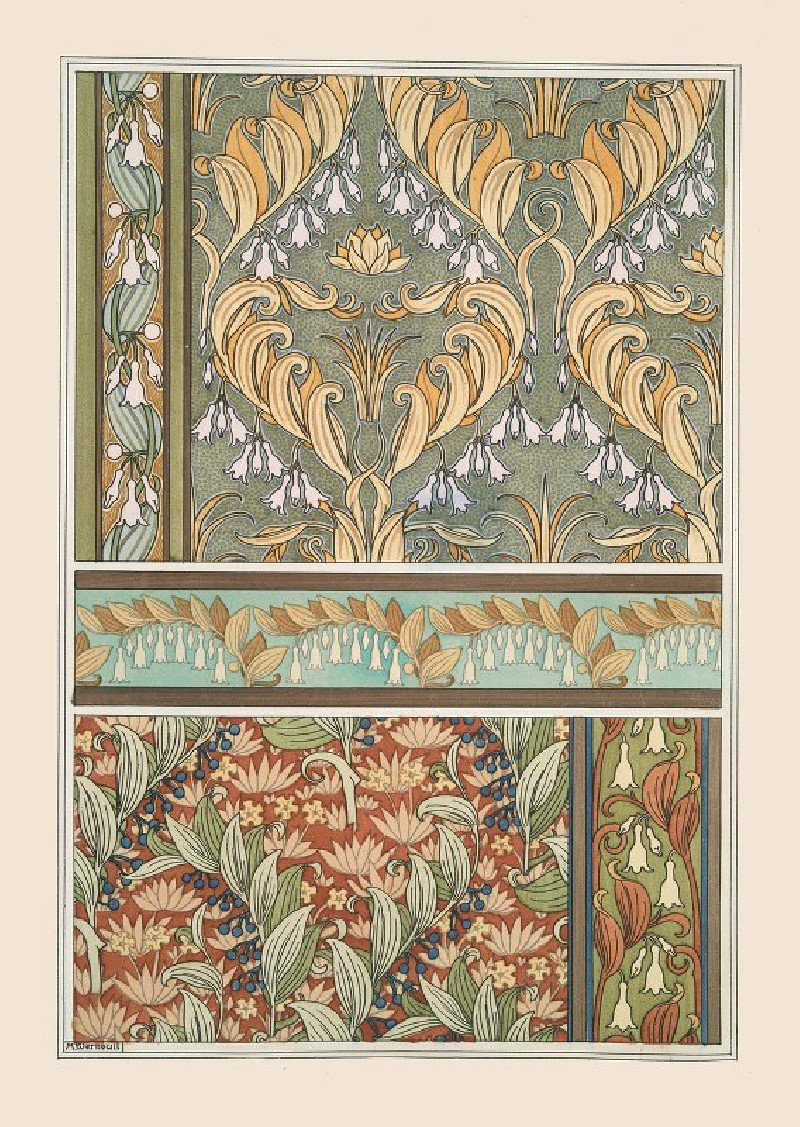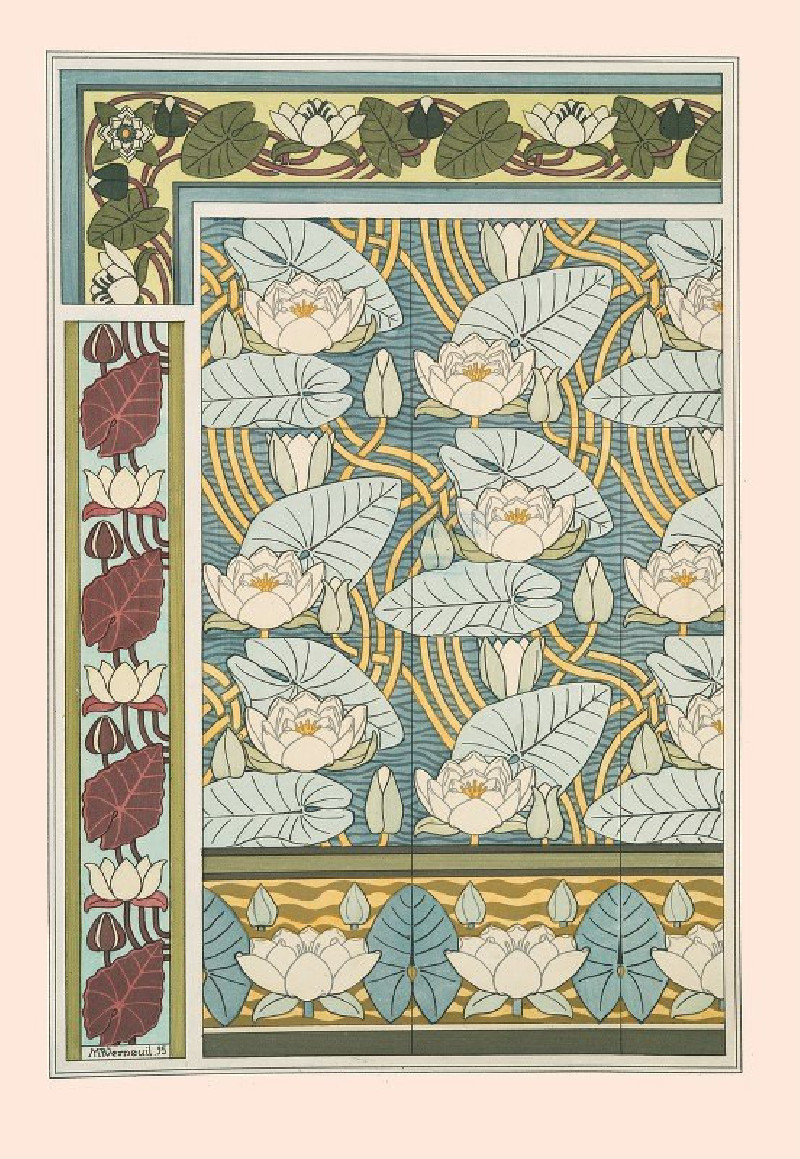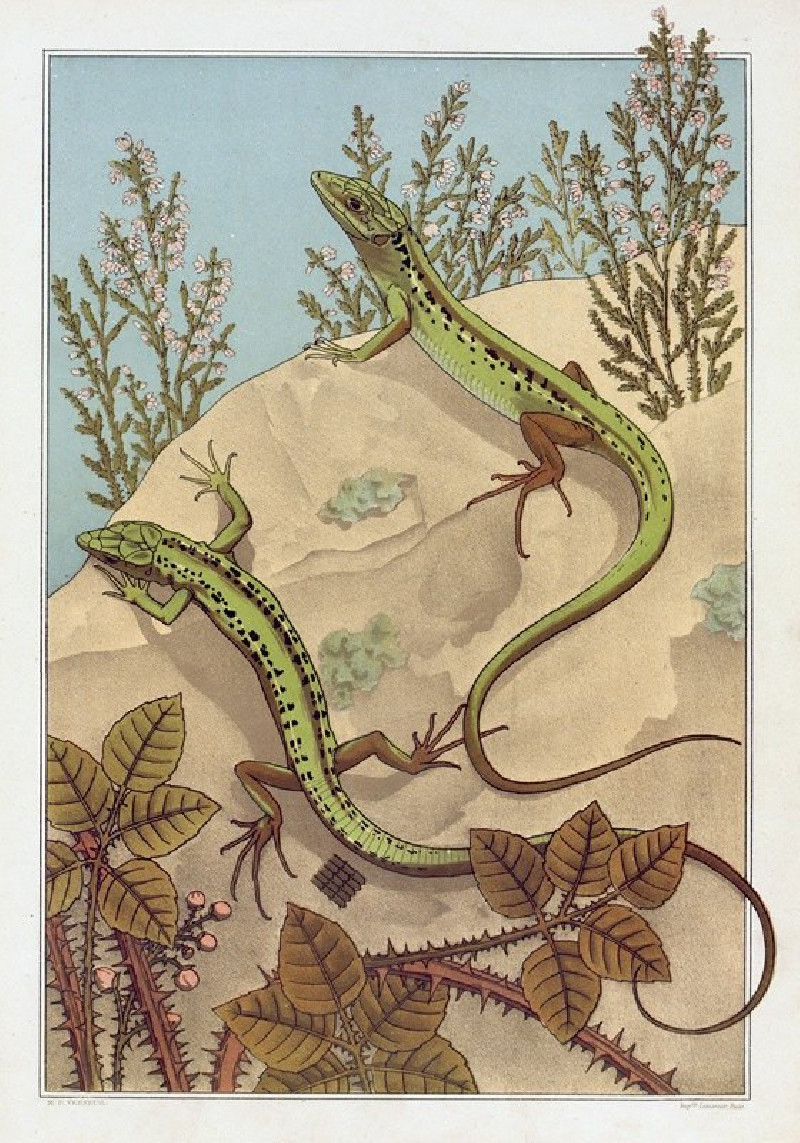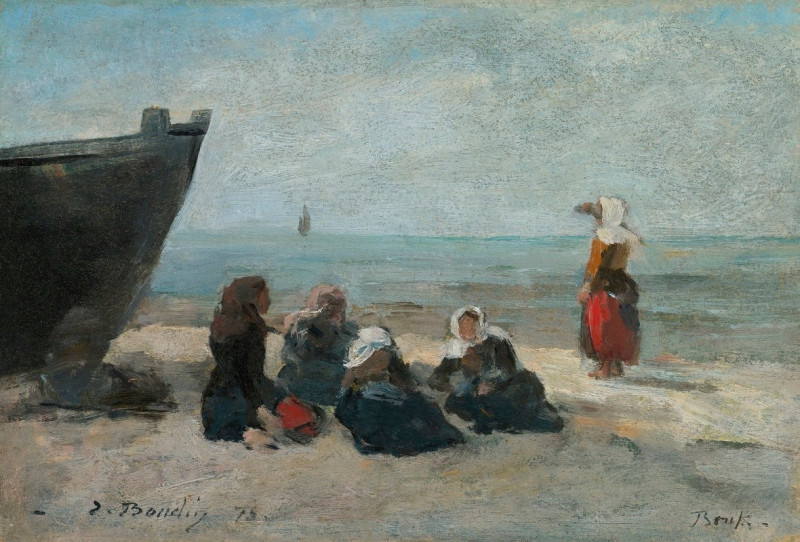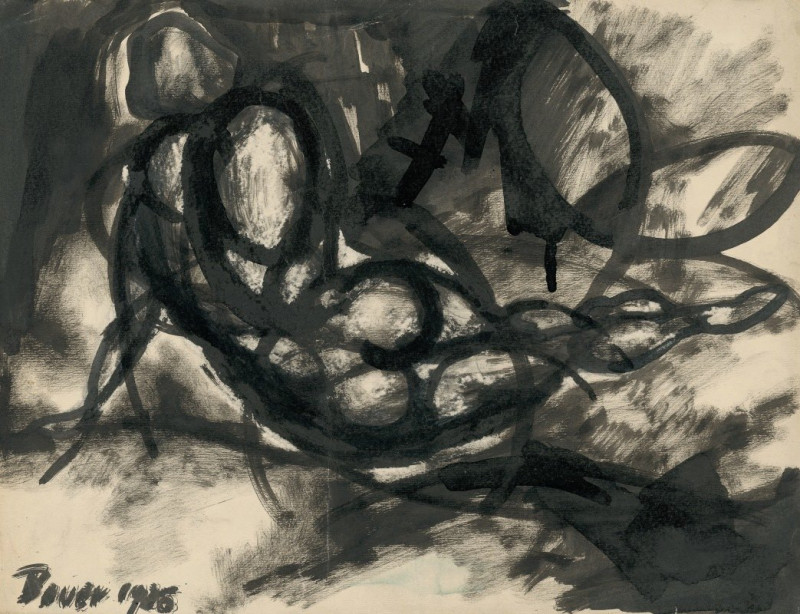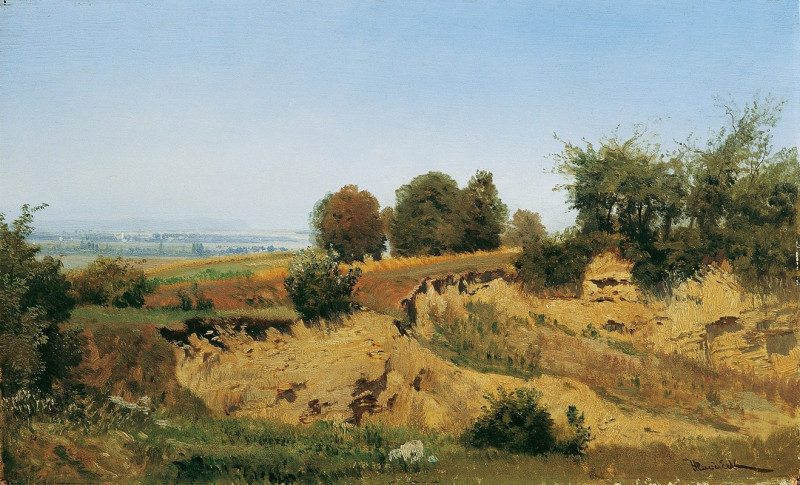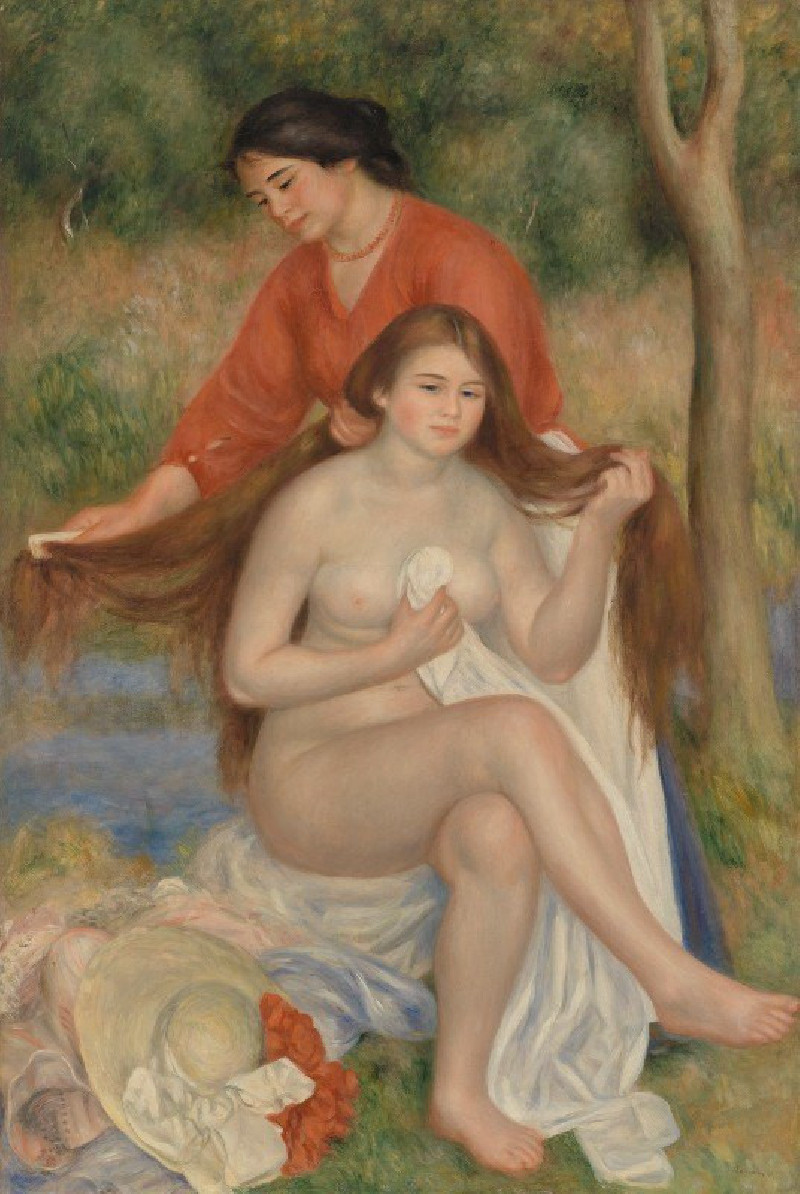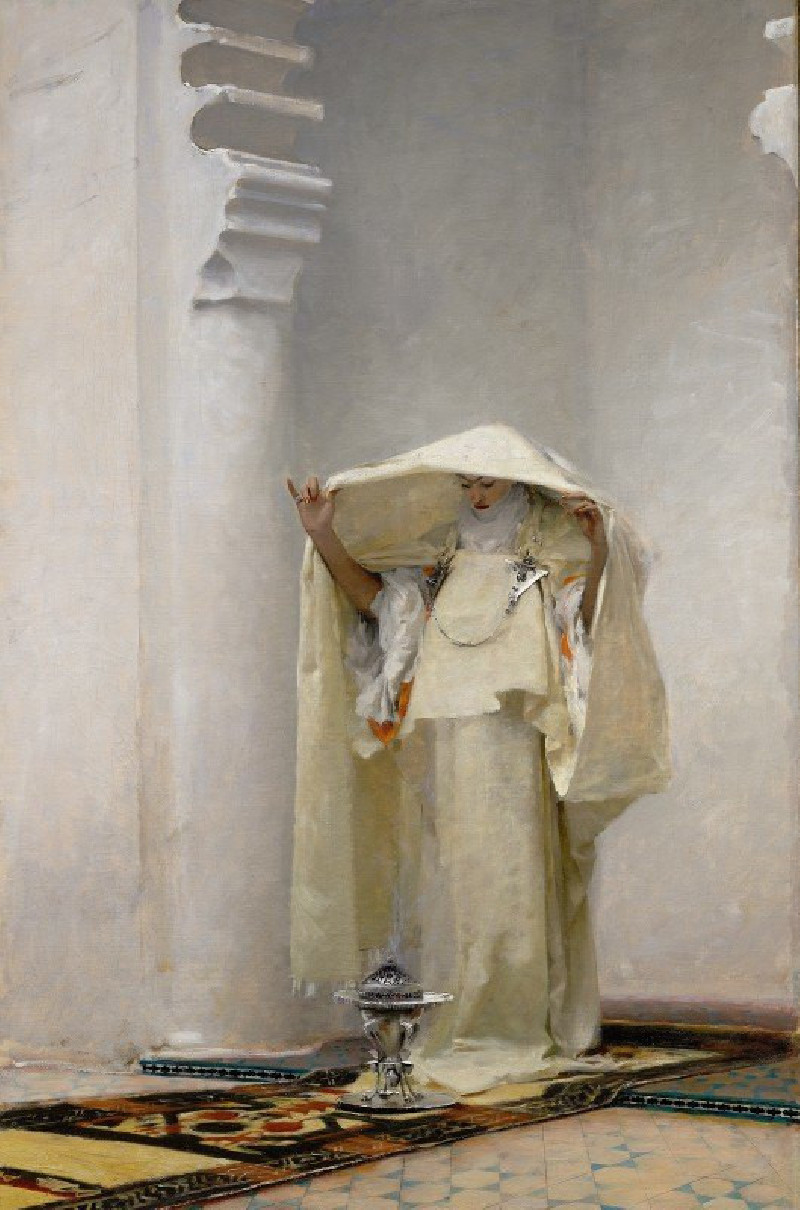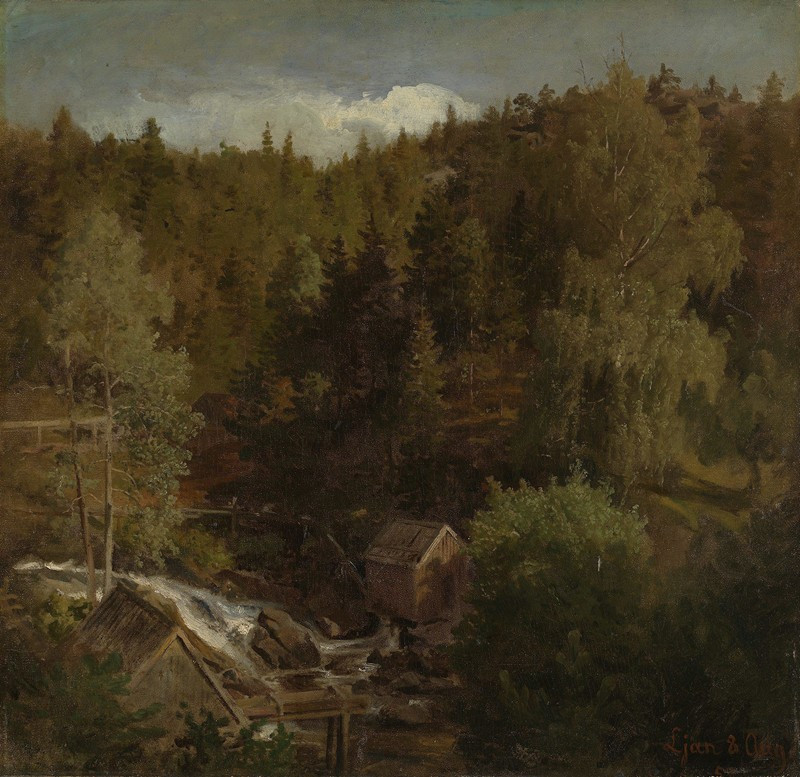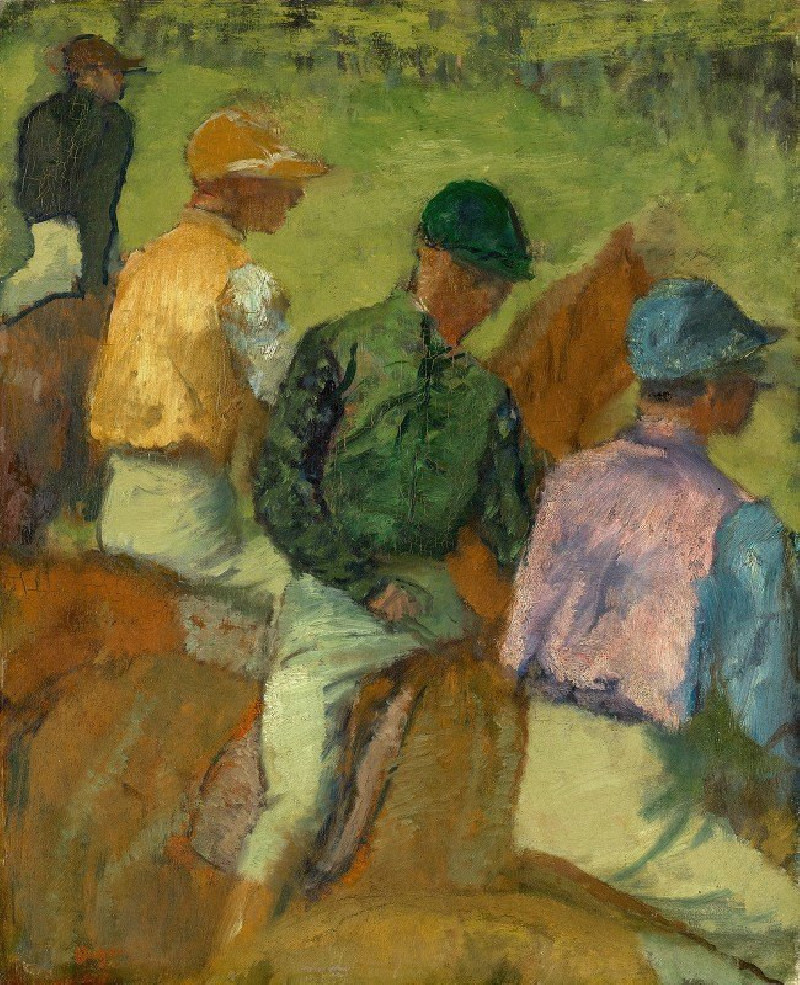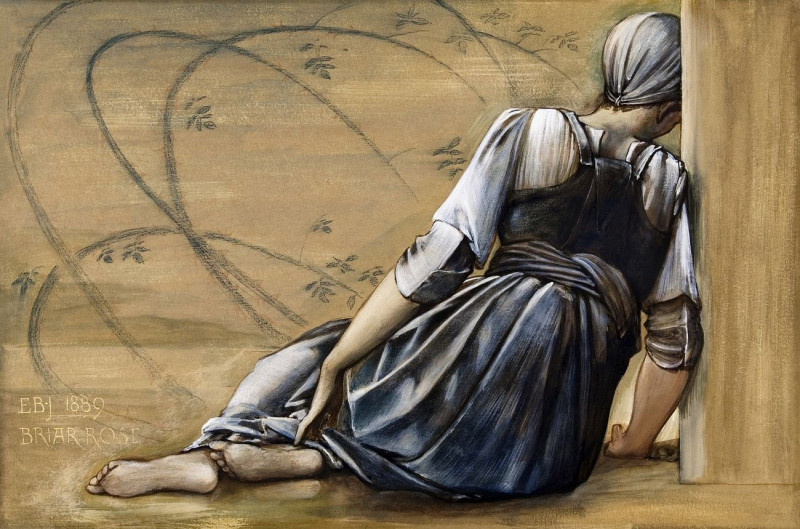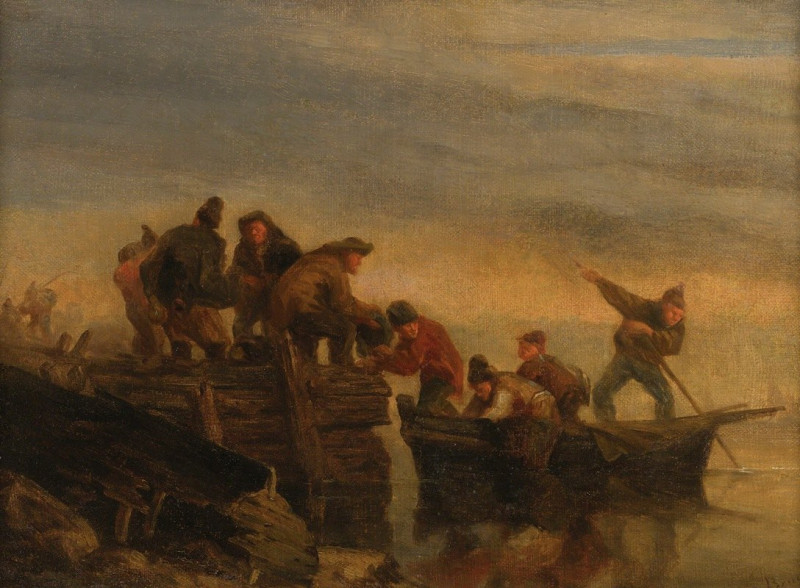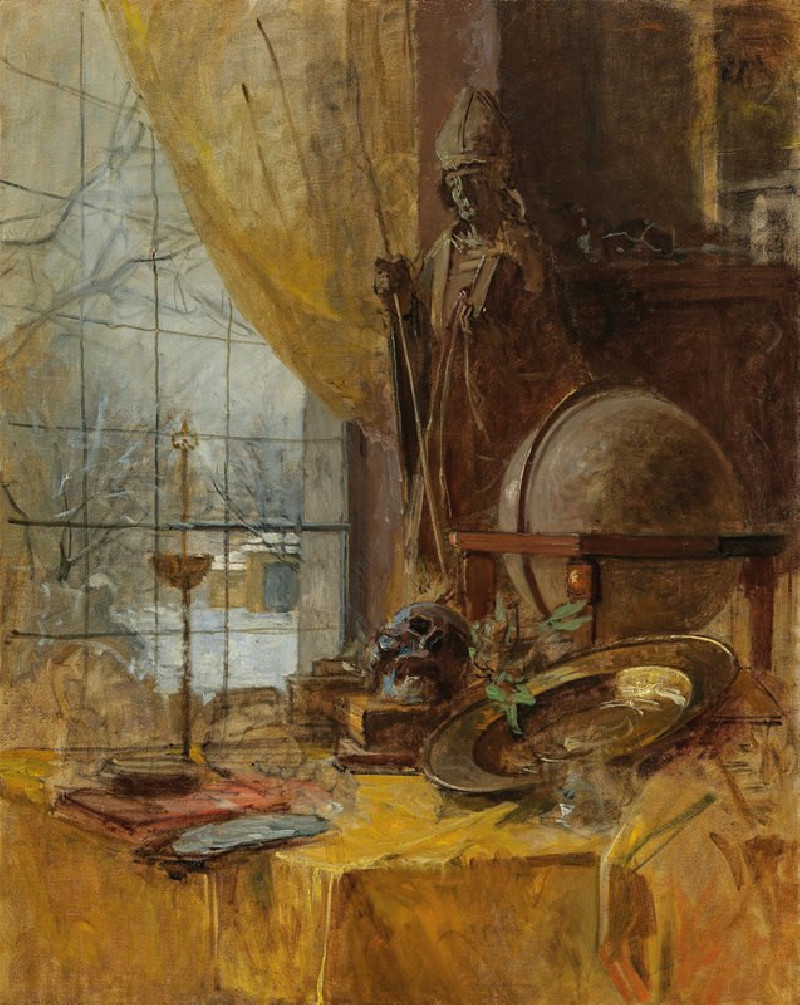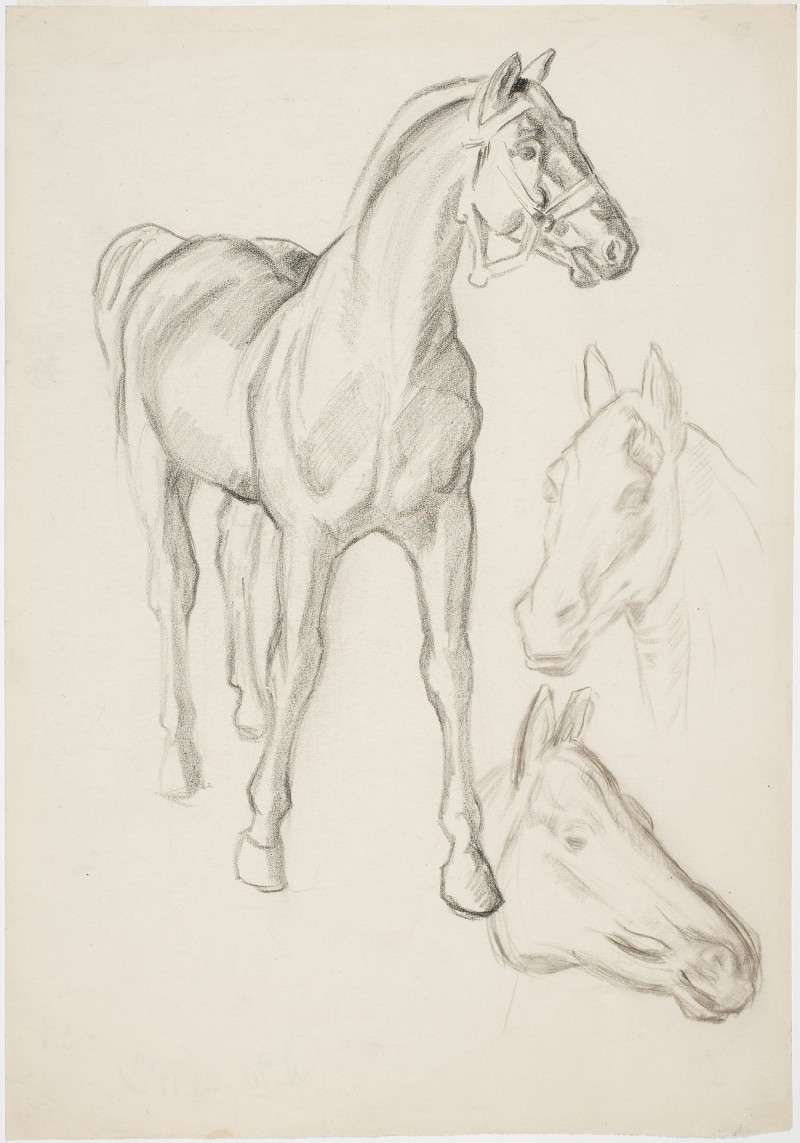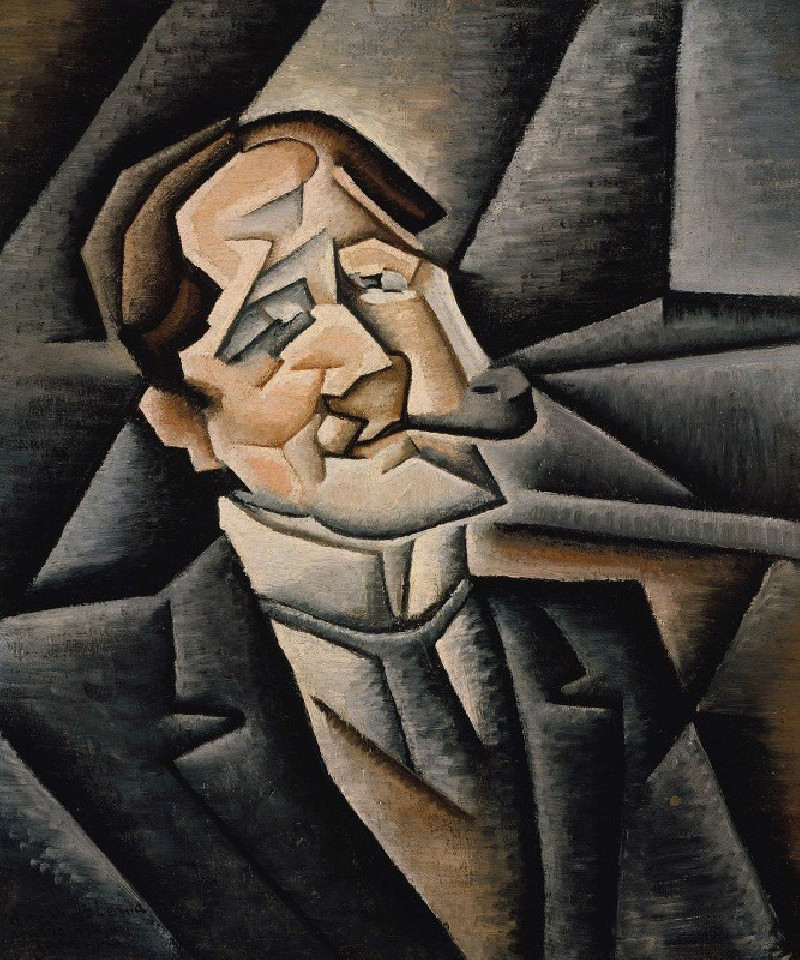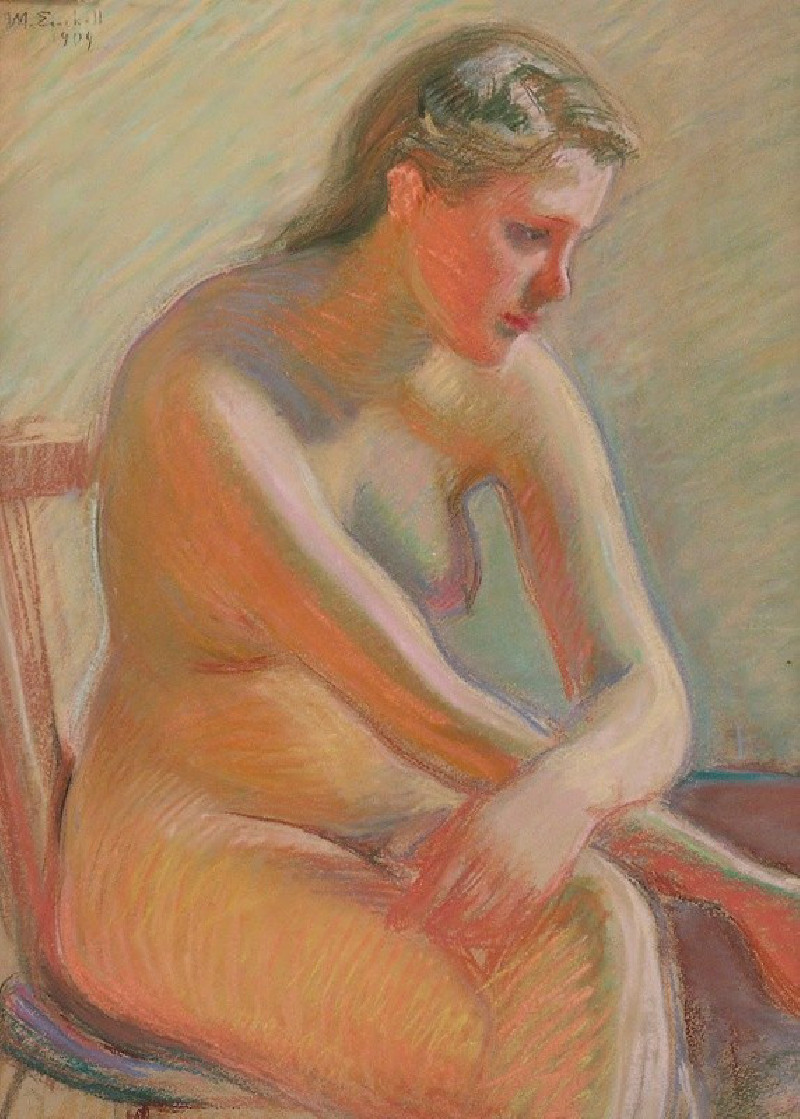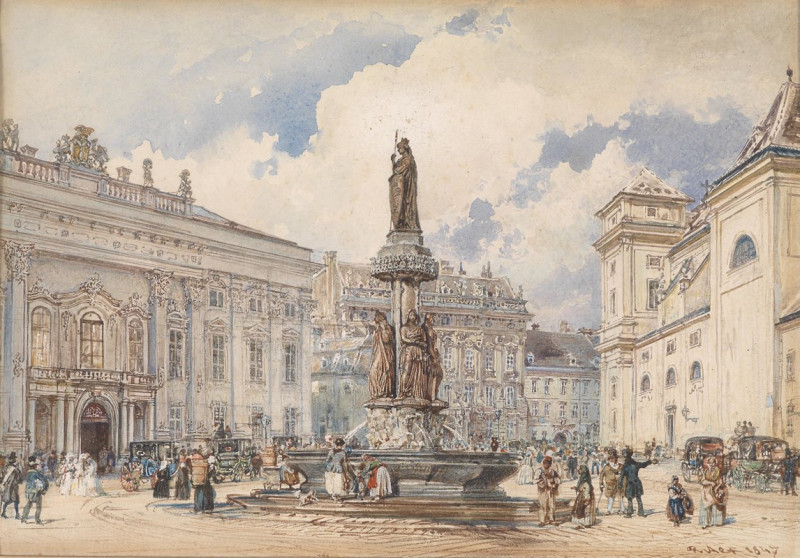Sagittaire (1896)
More about this artwork
Delivery
Reproductions are made to order and take 5 to 7 working days.
We send them out by courier and delivery takes another two working days.
If you need a reproduction sooner, please contact us - we can usually find a solution and produce it a little faster.
If you don't want to pay for postage, you can pick up your paintings at our galleries in Kaunas or Vilnius.
Returns
Yes, reproductions can be returned.
If you have any doubts more than 30 days after the date of purchase, please contact us - we will take the reproduction back for a refund or offer you a replacement!
We accept a maximum of two returns per customer - please note that we make reproductions to order, so please choose responsibly.
We do not refund shipping expenses.
Maurice Pillard Verneuil was a French artist and decorator in the Art nouveau movement. He was born in Saint-Quentin, France. Maurice Pillard Verneuil learned his trade from the Swiss designer Eugène Grasset. Maurice Pillard Verneuil then went on to become a well-known artist and designer. He was inspired by Japanese art and nature, particularly the sea. He is known for his contribution to the art deco movement and, in particular, his use of bold, floral designs in ceramic tiles, wallpapers and other furnishing textiles.

